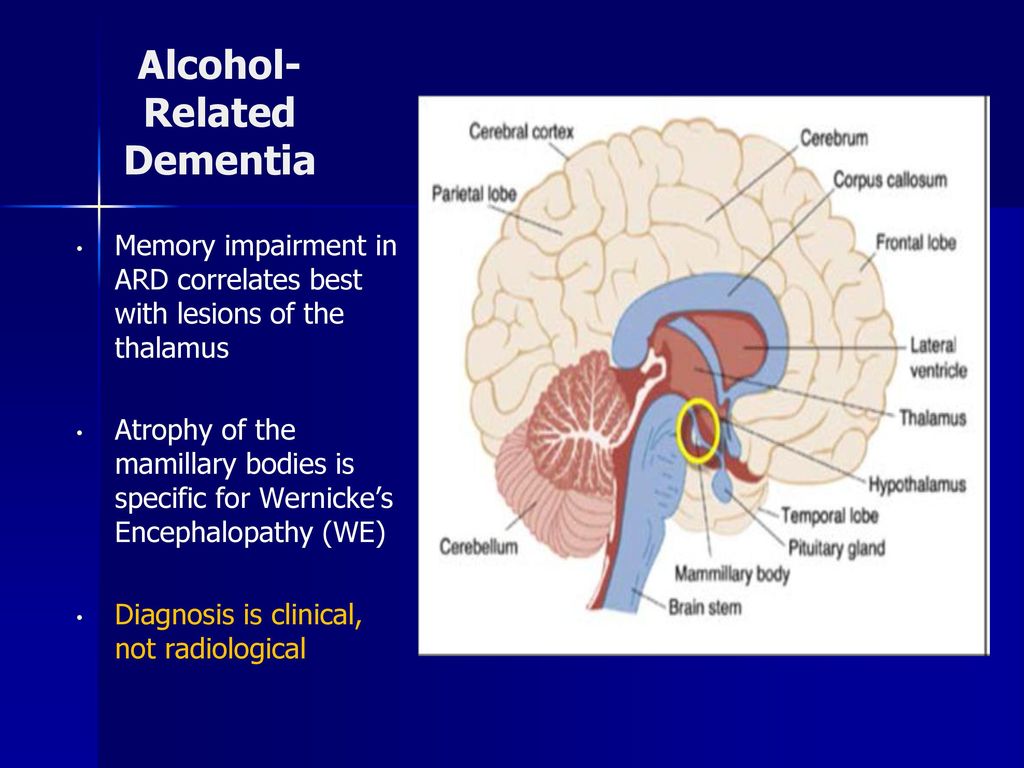A complex relationship between Alcohol & Dementia
Although alcohol has been popular for millennia, and dementia is increasingly prevalent, scientists are yet to understand the relationship between the two. A recent study sets out for answers.
With dementia predicted to affect 13.9 million adults in the United States by 2060, understanding why these conditions develop is more urgent than ever.
Scientists have uncovered certain factors that increase the risk of developing dementia. Some, such as advancing age, cannot be prevented. However, it is possible to avoid other potential risk factors, such as smoking tobacco.
It is essential to identify modifiable risk factors as understanding these could help prevent or delay the onset of dementia.
Recently, researchers designed a study to look for links between dementia and alcohol consumption in older adults. They published their findings in JAMA Network Open.
What do we already know?
Perhaps surprisingly, as the authors explain, “we know little about the independent associations of quantity and frequency of alcohol consumption with dementia risk.”
Although some studies have investigated alcohol and dementia more broadly, there are still substantial gaps in our understanding. For instance, in an earlier study, researchers calculated alcohol consumption as a daily average across each year.
Using a daily average in this way misses the nuances of alcohol quantity and frequency.
This is an important point. For example, drinking 7 glasses of beer on 1 day each week is likely to have a different impact than drinking 1 glass of beer each night, every day of the week; although the quantity consumed is the same.
The authors of another study concluded that binge drinking in midlife increases the risk of dementia. However, it is still not clear whether regularly drinking smaller amounts of alcohol has the same effect.
Other studies muddy the water further by looking at the links between alcohol, dementia risk, and the presence of apolipoprotein E4 (APOE E4). This gene variant has associations with an increased risk of developing Alzheimer’s.
An earlier study concluded that alcohol consumption increases the risk of dementia and that people with the APOE E4 variant have a higher chance of developing dementia.
Another unknown is how alcohol influences dementia risk for individuals with mild cognitive impairment (MCI). Scientists consider MCI to be the stage between normal age-related cognitive decline and dementia.
Are you looking for alternative health insurance?
Take a short assessment and find affordable short-term health insurance, indemnity insurance, and supplemental health products — like pharmacy benefits and emergency medical plans — to fit your needs.
Alcohol and dementia data
To investigate, the scientists delved into an existing dataset, extracting the information from 3,021 participants, with an average age of 72.
The Ginkgo Evaluation of Memory Study from 2000–2008 supplied the data.
At the beginning of the study, participants provided information about the amount of alcohol they consumed, how often they drank, and what types of drinks they consumed — beer, wine, or liquor.
According to the authors, at the start of the study, each participant went through “a comprehensive neuropsychological battery of 10 tests.” These assessed a range of cognitive functions, and participants completed the tests every 6 months.
Scientists isolated DNA from blood samples to identify carriers of the APOE E4 variant.
Alongside genetic data and details about alcohol use, the scientists also collated information about blood pressure, body weight, height, history of heart disease, and smoking status. They also asked questions to estimate how regularly each participant was involved in social interactions.
Many gaps remain
Of the 3,021 participants, 2,548 did not have MCI, and 473 did have MCI. Over approximately 6 years of follow-up, 512 participants received a diagnosis of dementia.
The authors found that, among those without MCI, no amount of alcohol consumption increased dementia risk compared with those who drank less than one drink per week.
When they analyzed the group of individuals with MCI, it was a similar story; there was no statistically significant difference.
However, dementia risk appeared to be highest for the individuals with MCI who drank 14 drinks per week compared with those who drank less than one drink each week — a relative risk increase of 72%.
The authors also note some differences associated with drinking patterns:
“Daily low-quantity drinking was associated with lower dementia risk than infrequent higher-quantity drinking among participants without MCI at baseline.”
Although the authors are keen to underline the negative impacts of excessive drinking on brain health and health in general, they also note that:
“Our findings provide some reassurance that alcohol consumed within recommended limits was not associated with an increased risk of dementia among older adults with normal baseline cognition.”
When the researchers investigated the potential impact of APOE E4, they found no significant effect, which mirrors several previous studies. The authors theorize that the lack of effect might be because the association is more pronounced in younger populations; they call for further investigation.
In conclusion, the current study provides few solid answers. It confirms, however, that the relationship between alcohol and dementia is complex and likely to require a great deal more research.


Leave a Reply
Want to join the discussion?Feel free to contribute!